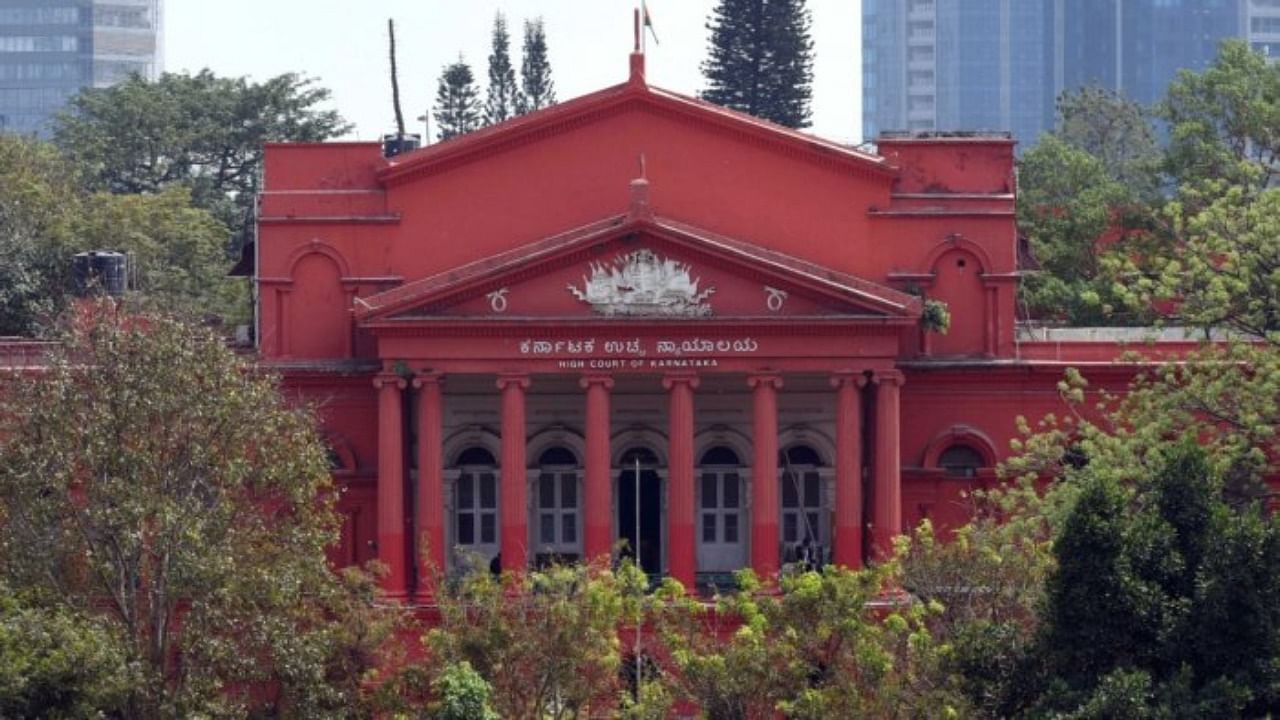
Senior advocate Devadatt Kamat on Thursday argued that an essential religious practice (ERP) is a restriction on the state’s right under Article 25 (2) of the Constitution.
In his rejoinder arguments on behalf of students from Kundapur, Kamat reiterated that wearing of hijab is an essential religious practice and the verses submitted by the petitioners were also cited in some judgments.
The petition, filed by two students from a college in Kundapur, primarily challenges the Government Order (GO) dated February 5, 2022. Kamat said that the state government has conceded 90% of the content of the GO in the submissions made by the Advocate General (AG). He said that the GO offends the doctrine of dictation.
“The AG says the operative portion of the GO is innocuous. However, the paragraph prior to the operative portion says that asking the students not to wear hijab is not a violation of fundamental rights. The state as a master is telling its subordinate authorities to do as they think fit, but also say in the penultimate paragraph that hijab is not a part of Article 25,” he said. He also said that the state has not filed any reply or rebuttal in specific as far as the averment of the petitioners that they were allowed to attend classes wearing headscarves right from their admission till the issuance of the GO.
Kamat argued “Essential Religious Practice (ERP) is a restriction on the state’s right under Article 25 (2) of the Constitution. ERP is a restriction on the state power to interfere with religious practice,” he said.
However, the bench sought to know whether the petitioners contend wearing hijab is an essential religious practice. “There is no doubt that it is (wearing hijab) an essential religious practice. What I am also saying is that there is no restriction in the first place. According to me the GO which puts that restriction is totally illegal. In the absence of a valid restriction, for the court to get into the arena of essential religious practice is strictly not necessary,” Kamat said.
Info on CFI
Advocate General (AG) Prabhuling K Navadgi informed the full bench that a First Information Report (FIR) has been registered based on the complaint by a teacher of Government Pre-University College for Girls in Udupi. He referred to the submission made by senior counsel S S Naganand on Wednesday about the threats received by a teacher of the college allegedly by the members of some organisation. The AG informed the full bench, headed by Chief Justice Ritu Raj Awasthi, that though the information has been received about another incident of threat, no FIR has been registered.
Naganand had stated that the members of Campus Front of India (CFI) had approached the principal of the Udupi college after the six girls were denied entry wearing hijab.
‘Quranic commandment’
Senior advocate A M Dar, appearing for two students of New Horizon College in Bengaluru, recited verses from Quran in Arabic. The bench asked him to provide the numbers of the verses to read the translation.
The advocate argued that the hijab is mandatory in Islam as it has come as a last commandment from Allah. “Allah instructed the believing women to bring their fabric to their front by drawing their khimar over their chest as a cover,” he said.
Watch the latest DH Videos here: